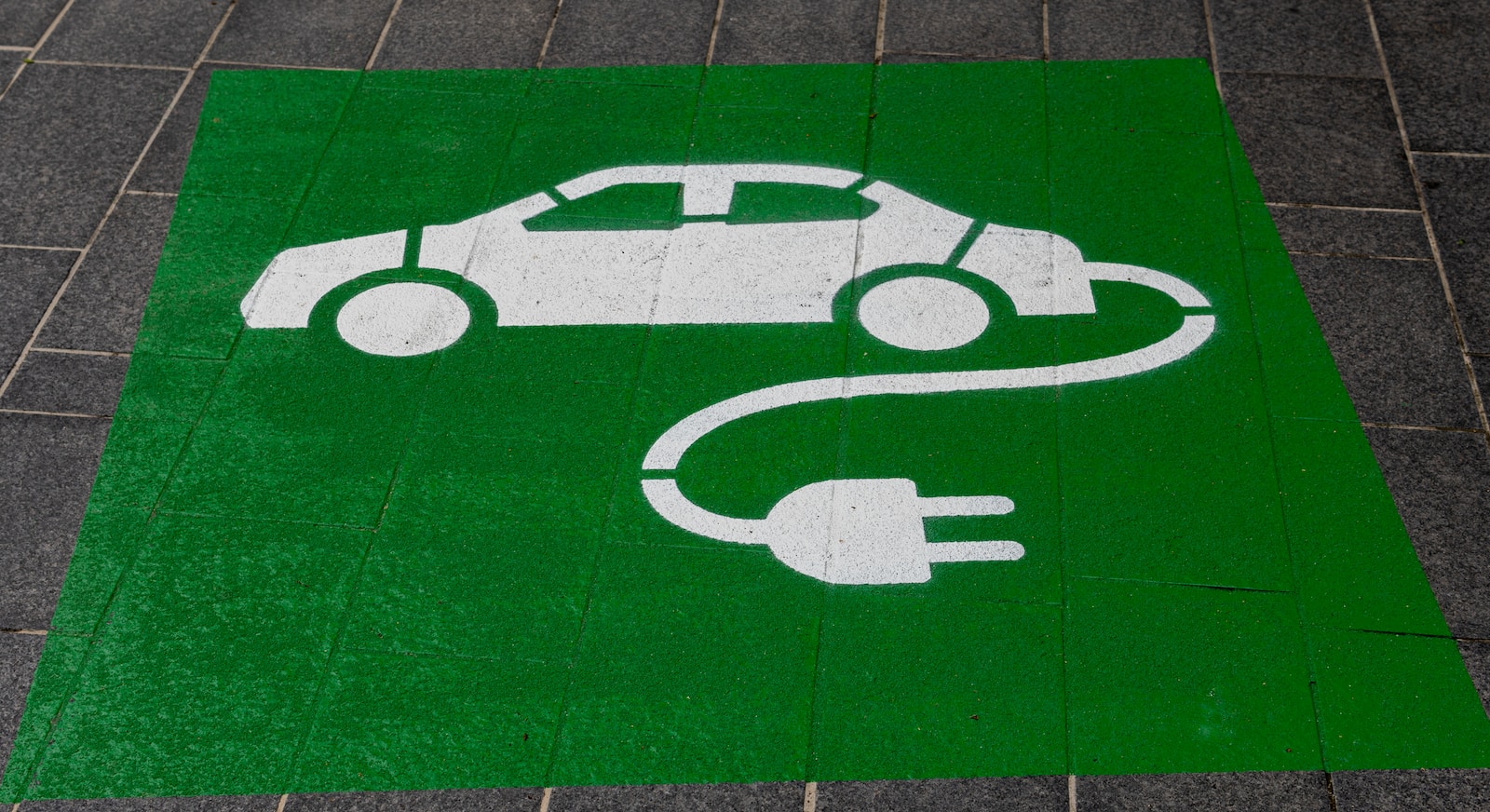Key Takeaway
The claim that it takes 6 barrels of oil to fully charge an electric car is misleading and lacks context. While it is true that electric cars indirectly rely on energy generated from fossil fuels, the energy consumption and environmental impact of electric vehicles are significantly lower compared to conventional vehicles. Advancements in battery technology and the use of renewable energy sources for charging infrastructure further contribute to reducing the carbon footprint of electric cars.
Electric cars have gained significant popularity in recent years due to their potential to reduce greenhouse gas emissions and dependence on fossil fuels. However, there are still misconceptions and misinformation surrounding their energy consumption and environmental impact. One such claim is that it takes 6 barrels of oil to fully charge an electric car. We will explore the truth behind this statement and provide a comprehensive analysis of electric car energy consumption.
How are electric cars powered?
To understand the energy consumption of electric cars, it is essential to grasp how they are powered. Electric vehicles rely on rechargeable batteries as their primary source of energy. These batteries store electricity, which is then used to power the electric motor and propel the vehicle. The electricity in these batteries can be obtained from various sources, including charging stations, home charging units, or renewable energy generation systems like solar panels.
What influences the energy consumption of electric cars?
The energy consumption of electric cars is influenced by several factors, including:
- Driving behavior: Aggressive acceleration and high speeds can increase energy consumption, just like in conventional vehicles. Smooth and efficient driving techniques can help optimize energy usage.
- Vehicle weight: Heavier electric cars require more energy to move, leading to higher energy consumption. However, advancements in lightweight materials and improved battery technology are continually reducing the weight of electric vehicles.
- Driving conditions: Driving uphill, in extreme weather conditions, or in heavy traffic can increase energy consumption due to increased power demands.
- Battery capacity: The size and capacity of the battery in an electric car determine how much energy it can store and, consequently, the vehicle’s range. Larger battery packs generally allow for longer driving distances but may consume more energy during charging.
Is it true that it takes 6 barrels of oil to fully charge an electric car?
The claim that it takes 6 barrels of oil to fully charge an electric car is misleading and lacks context. While electric cars do rely on electricity, which may be generated from fossil fuels, it is crucial to consider the overall energy efficiency and environmental impact of electric vehicles compared to conventional vehicles.
To put the claim in perspective, let’s examine the energy content of a barrel of oil and compare it to an electric car’s energy consumption. One barrel of oil contains around 5.8 million British thermal units (BTUs) of energy. On the other hand, the energy consumption of an electric car can vary depending on the model and driving conditions but typically ranges from 30 to 40 kilowatt-hours (kWh) per 100 miles. To simplify the comparison, let’s assume an electric car consumes 35 kWh per 100 miles.
To calculate the energy equivalence, we can convert the energy content of a barrel of oil from BTUs to kilowatt-hours. One BTU is approximately 0.000293 kWh. Therefore, one barrel of oil contains around 1,700 kWh of energy (5.8 million BTUs * 0.000293 kWh/BTU). Dividing this by the energy consumption per 100 miles (35 kWh) gives us approximately 48.6 miles of driving per barrel of oil.
It is important to note that this calculation only considers the direct energy content of oil and assumes 100% efficiency in converting oil to electricity. In reality, the energy conversion process from fossil fuels to electricity has inherent losses, making electric vehicles more energy-efficient than internal combustion engine vehicles.
The environmental impact of electric cars
While the claim of 6 barrels of oil to charge an electric car may be misleading, the environmental impact of electric vehicles is still a crucial consideration. Electric cars produce zero tailpipe emissions, reducing air pollution and greenhouse gas emissions. However, it is essential to consider the emissions associated with electricity generation.
In regions where the electricity grid relies heavily on fossil fuels, electric cars indirectly contribute to emissions generated during electricity production. However, even in such cases, electric vehicles still have a lower overall carbon footprint compared to conventional vehicles. This is because power plants are generally more efficient at converting fossil fuels to electricity than internal combustion engines are at converting gasoline or diesel.
Furthermore, the increasing adoption of renewable energy sources, such as solar and wind, for electricity generation significantly reduces the environmental impact of electric vehicles. Charging infrastructure powered by renewable energy further enhances the sustainability of electric cars, making them even greener.
Advancements in battery technology and charging infrastructure
Battery technology plays a crucial role in the energy consumption and environmental impact of electric cars. Advancements in battery chemistry and design have led to significant improvements in energy density, allowing electric vehicles to travel longer distances on a single charge.
Moreover, the development of fast-charging infrastructure has made electric car charging more convenient and efficient. Fast-charging stations can provide a substantial amount of energy in a short period, reducing the overall charging time for electric vehicles.
Additionally, the integration of renewable energy sources into charging infrastructure is becoming increasingly common. Solar-powered charging stations, for example, utilize clean energy to charge electric vehicles, further reducing their carbon footprint.
Conclusion
The claim that it takes 6 barrels of oil to fully charge an electric car lacks context and does not accurately represent the energy consumption and environmental impact of electric vehicles. While electric cars indirectly rely on energy generated from fossil fuels, their overall energy consumption and carbon footprint are significantly lower compared to conventional vehicles.
Advancements in battery technology, lightweight materials, and the use of renewable energy sources for charging infrastructure further contribute to the sustainability and efficiency of electric cars. As the world transitions towards a more sustainable future, electric vehicles play a vital role in reducing greenhouse gas emissions and dependence on fossil fuels.



